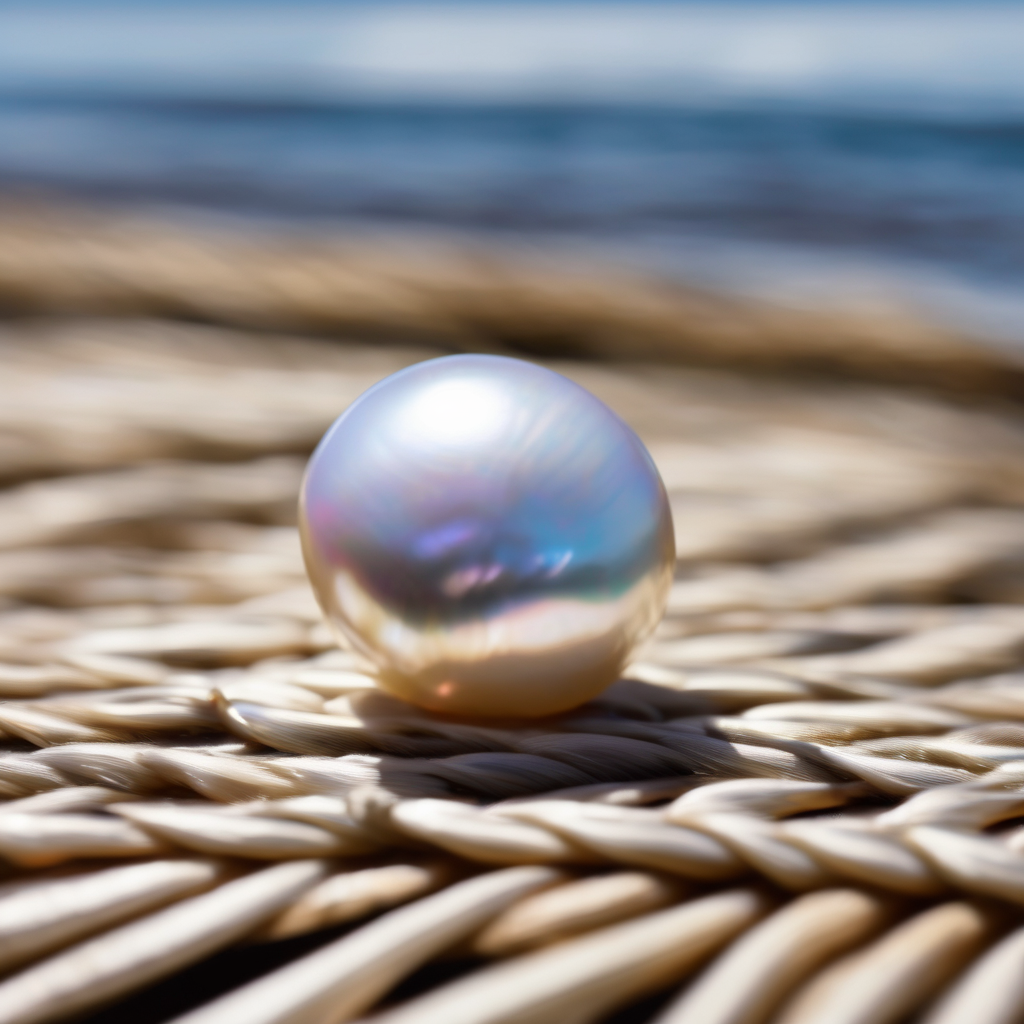The Mabé Pearl initiative in Fiji is gaining momentum, as it offers promising opportunities for coastal communities across the islands. Championing this cause, Opposition Member of Parliament Semi Koroilavesau praised the initiative for its potential to transform the livelihoods of Fijians living near the coast. Unlike traditional pearl farming, Mabé Pearls can be cultivated in varied ocean conditions, including areas near mangroves, thus making them more accessible to a broader range of Fijian communities.
Koroilavesau drew attention to the Raviravi women’s pearl farm in Macuata, which exemplifies how community-driven aquaculture can empower women, foster local businesses, and build economic resilience. This model not only provides jobs but also uses the ocean sustainably, showing a path forward for similar ventures across Fiji.
Aligned with Koroilavesau’s commendations is the recent opening of the Savusavu Mabe Pearl Oyster and Handicraft showroom. Launched by Minister for Fisheries and Forestry Alitia Bainivalu, this new establishment aims to strengthen the livelihoods of those involved in pearl farming by serving as a center for pearl grafting and product marketing. It enhances the economic value of these coastal treasures while preserving the artisanal techniques vital to Fijian culture.
Minister Bainivalu highlighted vital partnerships, notably with the Australian Centre for International Agricultural Research (ACIAR) and the University of Sunshine Coast, which have been supportive since the 1980s. These collaborations initially focused on Giant Clams and have since expanded to include projects like freshwater prawn cultivation, laying a solid foundation for sustainable aquaculture in the region.
Beyond economic benefits, the showroom acts as a hub for preserving traditional craftsmanship, empowering local artisans, and encouraging economic growth. Workshops offered at the showroom will train fisheries officers and community members to transform raw shells into fine crafts, thereby enhancing local skill sets and knowledge.
With these developments, Fiji aims to balance cultural preservation and natural resource management with economic prosperity. The Mabé Pearl initiative, along with efforts at the Savusavu showroom, stands as a testament to community empowerment and environmental stewardship. It signifies a future where sustainable practices and rich cultural traditions contribute to vibrant local economies and the well-being of Fijian communities.
